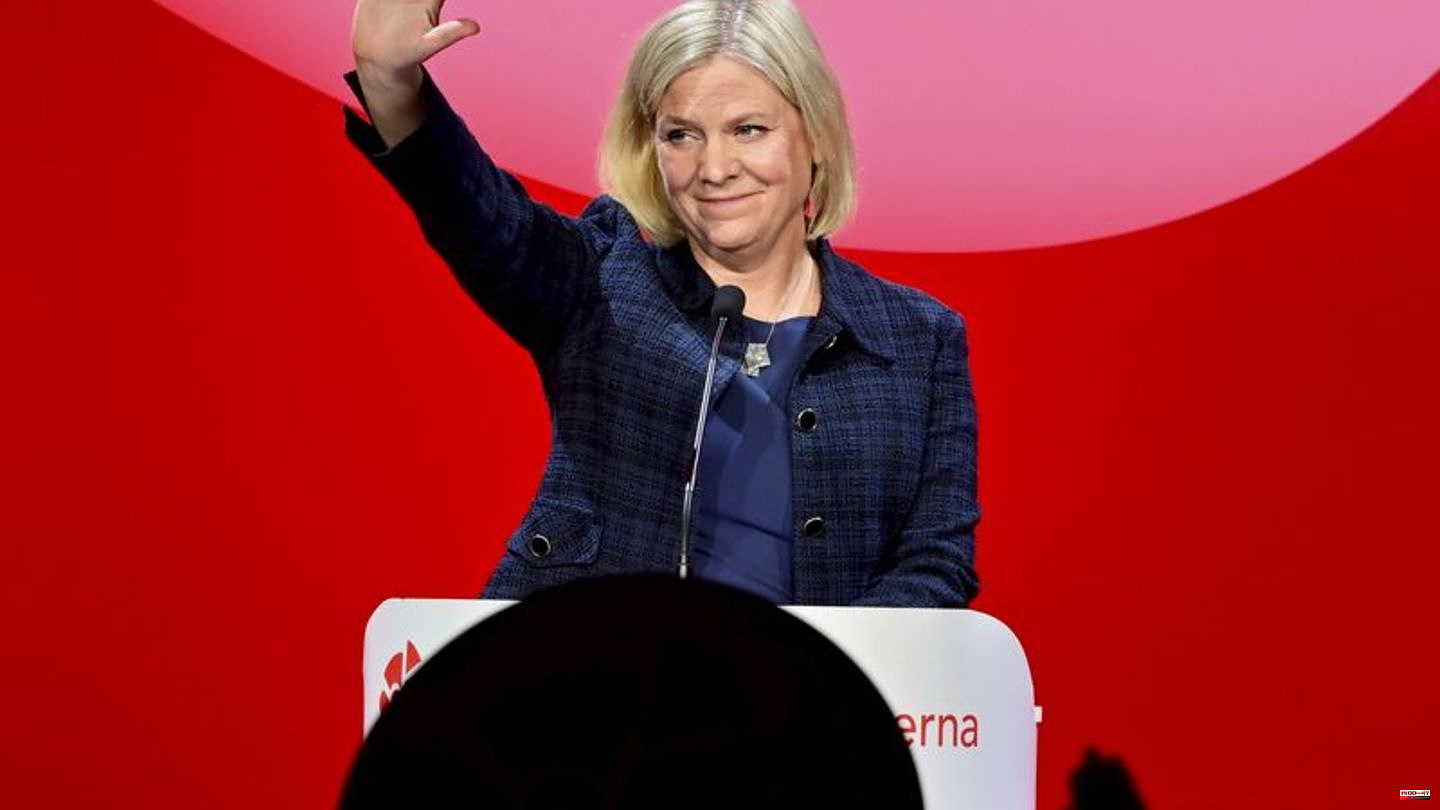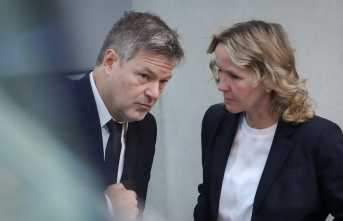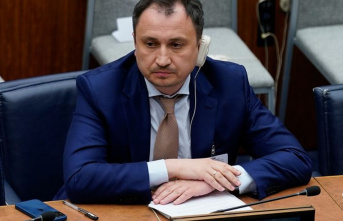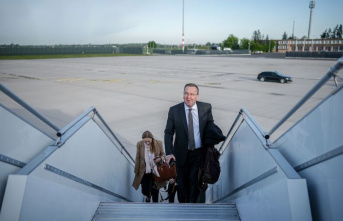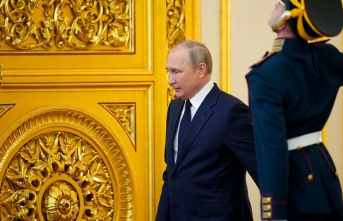After eight years under social democratic leadership, Sweden is facing a political turning point. Three days after the parliamentary elections, Social Democratic Prime Minister Magdalena Andersson announced that she would hand in her resignation this Thursday in the face of a thin majority in the conservative-right camp.
This clears the way for her conservative challenger, Ulf Kristersson, to try to form a new government. Because of a record result from the right-wing populist Sweden Democrats, which he has planned as a support party, this should be anything but easy.
Thin edge
Sweden experienced a gripping election thriller on Sunday, with both camps temporarily predicting a narrow majority in the 349-seat Reichstag in Stockholm. In the first forecasts, Andersson's left-wing camp was still in the lead, but then the tide turned in favor of Kristersson in the course of the evening. When the last votes were counted on Wednesday, when the provisional final result was still pending late in the evening, his wafer-thin lead then grew to at least 176 to 173 seats.
Andersson then conceded defeat even before the very last votes had been counted. At a press conference in Stockholm, she stated that the conservative right-wing camp had received a slim majority. "It's a thin majority, but it's a majority," said the 55-year-old.
Criticism of cooperation with Sweden Democrats
She made no secret of what she thought of Kristersson's decision to work with the long-outside right-wing populists. The Sweden Democrats were responsible for hateful rhetoric during the election campaign. Kristersson and his allies, Christian Democrat leader Ebba Busch and Liberal leader Johan Pehrson, must make it clear that they do not accept this type of approach.
At the same time, Andersson warned with a view to the tight majority: "We will only be one or two mandates away from a government crisis." If Kristersson wanted to, she was of course willing to discuss working together.
Right-wing populists are pushing into government
Whether the four parties from Kristersson's bloc can ultimately agree on a government basis is anything but a foregone conclusion. There are doubts about this, among other things, because the right-wing populists are replacing the moderates of Kristersson with a record result of over 20 percent for the first time as the second strongest party behind the Social Democrats. Its leader, Jimmie Åkesson, stressed on election night that his party wanted to be in government. The moderates, Christian Democrats and liberals, on the other hand, do not want that - they want to work with them in parliament, but without them being in the coalition.
Kristersson said in a video on Facebook after Andersson's announcement in the evening that he would now start work to form a new, effective government. This has been extremely complicated in Sweden for a long time, which is also related to the strengthening of the Sweden Democrats. After the last election in 2018, it took more than 130 days to form a government.
The then Social Democratic Prime Minister Stefan Löfven had been able to agree on a government basis with three other parties. Two liberal parties migrated from the middle-class bloc to the red-green camp - one of the main reasons for this was to limit the influence of right-wing populists.
In a parliamentary vote in early 2019, Löfven could only be elected head of government because the left abstained. They demanded a political say in return. The position between left and liberals had repeatedly caused trouble for Löfven and his party-internal successor Andersson.
One of the two parties, the Liberal Party, is now back on Kristersson's side, who is also dependent on the Sweden Democrats for a majority. This constellation could now occur - if Kristersson manages to satisfy all parties involved with concessions for their support inside or outside of a governing coalition. He wanted one, not split, he said in the Facebook video.

